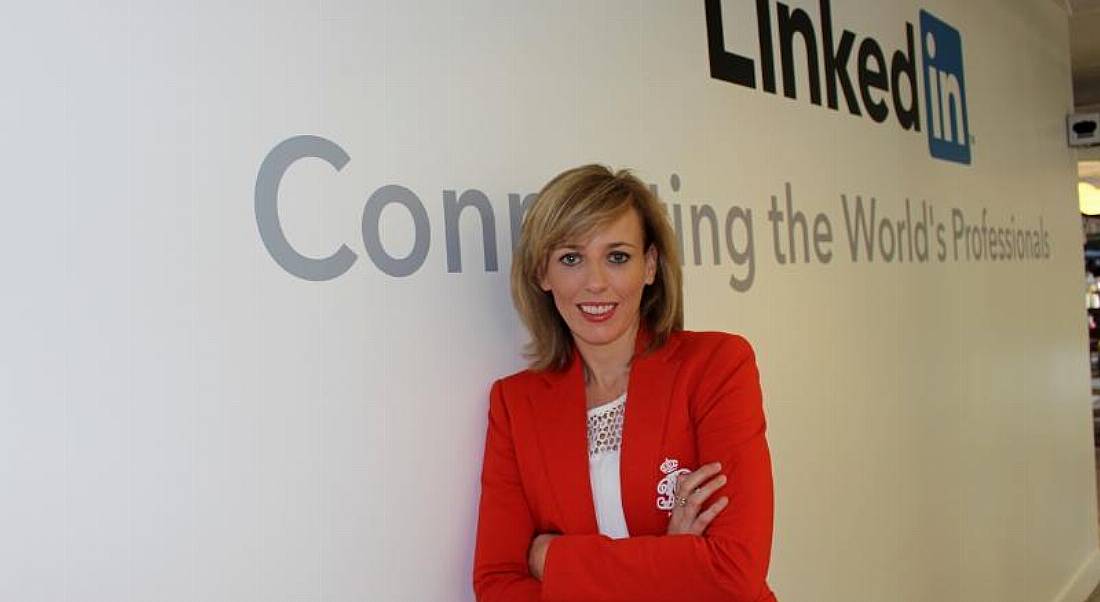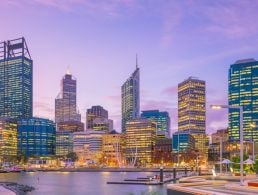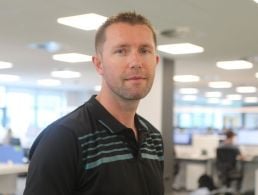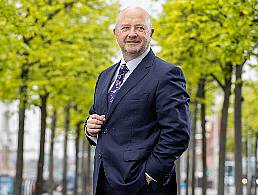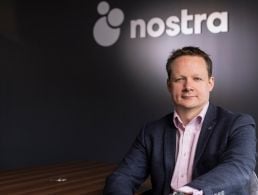Maria Guinane, head of talent acquisition at LinkedIn’s EMEA headquarters in Dublin, left Ireland in 2003 for the opportunities Australia presented, but always kept an eye on the situation at home. When the Irish economy began to pick back up, Guinane saw her chance.
Where are you from?
I’m originally from Limerick, but, after university, I moved to Dublin.
Can you tell us about your background? Education, work history…
I graduated from the University of Limerick (UL) with a degree in business and HR. Most of my colleagues were thinking about travelling overseas to do post-grads, but I got a job in Dublin while still completing my exams.
That first job involved project managing 3Com Technologies’ contingent workforce. Next, I worked with numerous established recruitment companies in Dublin. Then, in 1999, I founded my own recruitment company, called Eden Recruitment, which taught me how to run a start-up.
I moved to Australia in 2003 and consulted for various global organisations, like Philips, Johnson & Johnson, Aon, QBE, Unisys, and Logica. Towards the end of my time in Australia, I lead talent and diversity initiatives at Australian company GrainCorp. After 11 years in Australia, I moved back to Ireland in March 2014 and joined LinkedIn as Head of Talent Acquisition for Ireland.
When did you decide to emigrate and why?
There were a few reasons: I had turned 30, and realised I wanted to see the world, experience other cultures, and gain a broader perspective. Plus, various senior people told me that I needed experience abroad to advance my career in Ireland.
To be frank, we’d just come out of the IT millennium bubble, there were very few new organisations coming to Ireland, and there was little excitement in the Irish economy.
Where did you emigrate to and for how long were you gone?
I moved to Australia, and was there for 11 years.
What made you want to/decide to come back?
I always wanted to come back, but there was too much opportunity in Australia. I remember when I first arrived in Sydney and started to interview. I had 11 interviews for 11 different jobs in my first week. It was crazy.
Yet I always kept an eye out for Irish opportunities, and kept in touch with my contacts. I realised it was a good time to move back when the Irish economy started to pick up two years ago.
Plus, I wanted my two children to grow up around family and friends, and to experience the Irish culture.
How did your current role come about?
Dublin is LinkedIn’s EMEA headquarters, and the company is committed to building and attracting talent in Dublin to support the EMEA operation. My role is to build a strategy to attract talent to Dublin and LinkedIn.
They advertised the role on LinkedIn and I applied.
What work do you do?
I lead a talent acquisition team in Ireland, focused on hiring people who are aligned to our culture and values, and giving the people we interview a great experience.
What do you like most about your job?
LinkedIn’s culture, and my co-workers.
I’ve never worked at a company that invests so much in its people: our CEO holds bi-weekly all-hands, where he’s extremely transparent about our business and answers employees’ questions; we have monthly InDays where employees focus on their development; and everyone is given the opportunity to have a mentor, who helps them advance their careers.
For me, LinkedIn is Dublin’s best-kept secret!
How did your time working abroad make you better suited for your job, if at all?
Ireland was going through a recession while I was in Australia, so companies weren’t investing much in talent acquisition. Meanwhile, business was booming in Australia, and there was a huge war for talent. Organisations invested heavily in building their recruiting functions and developing strategies to help attract diverse talent. Being in Australia during that period taught me a lot, and now I can leverage lots of those lessons here in Dublin.
What is the best thing about being back in Ireland?
There are so many things! Access to Europe, cultural diversity, improved public transport, great restaurants and great pubs, to name a few.
But the best thing is being close to friends and family. I didn’t realise how much I missed my family until I got home. When I watch my parents play with my children, I feel sad that I was gone for so long and think about what we’ve missed out on. But I’m delighted that we’re here now, rain or shine.
